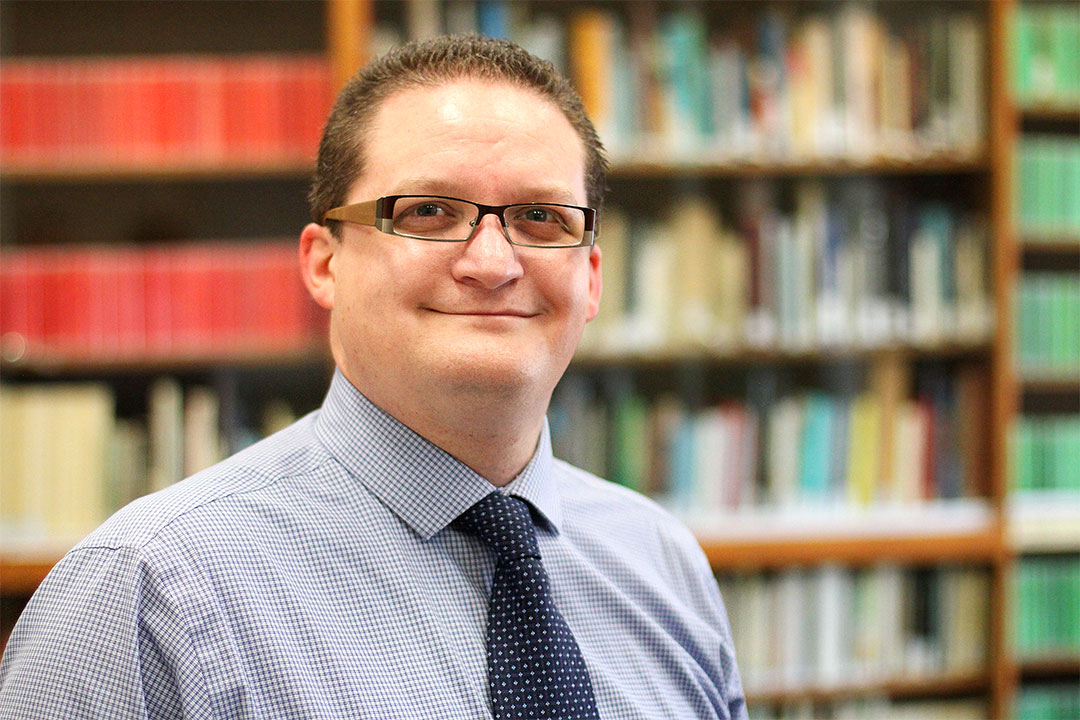
U of S to begin Bystander Intervention Training
Statistically speaking, sexual assaults on university campuses are most likely to occur in the first eight weeks of the school year.
By HenryTye GlazebrookAnd for Patti McDougall, University of Saskatchewan vice-provost teaching and learning, those numbers make fall the perfect time to talk about awareness, education and policy on the subject.
“That first part of the year doesn’t necessarily characterize the whole year, but we are getting into our more vulnerable period,” McDougall said. “I’m hoping that our students are coming in more aware of these things, but we can’t assume that. We always have to take the time, routinely, to say, ‘Here’s our line in the sand. We can’t accept these behaviours, and we won’t stand by.’”
McDougall describes the university’s approach to combating sexual assault as a three-pronged process involving policy and procedures, education, awareness and training, and support systems. Combined with the approval of a sexual assault prevention policy by the Board of Governors in 2015 and annual events such as Sexual Assault Awareness Week (Sept. 18-22), McDougall said the overall momentum is leaning more positive than ever.
“One of the ways that I can judge that we’re doing OK and progressing in a good way is by the fact that people want to sign on and join onto what’s happening,” McDougall said. “When we get an increasing number of students interested, when we get faculty and staff who want to take part in what we’re building, who say, ‘Yes, absolutely,’ when they’re asked to be part of a video campaign or if they want to receive training, these are all indicators that we’re doing the right things. Instead of standing back and criticizing, people are coming in and signing on to what lies ahead.”
What’s next is a new program called Bystander Intervention Training, planned in partnership with Student Affairs and Services and U of S Protective Services. When it launches in October, the train- the-trainer course will instruct an estimated 30 staff, students and faculty on how to best react if they find themselves in a situation where inappropriate sexual behaviour is occurring.
The goal, said Student Affairs and Services director Peter Hedley, is that those 30 people will then themselves be able to pass their new knowledge onto others on campus, creating a sustainable and self-perpetuating culture of behaviour.
“What we’re saying, even moreso, is that we’re all a part of the solution and we all have a role to play,” Hedley said.
“We want to get the message out of having people standing together on this issue, and only in doing so do we support one another,” he said.
Bystander Intervention Training is only the next step for a campus that has committed itself to education, awareness and prevention around sexual assault in many respects.
Hedley pointed to the USAFE mobile safety app—which provides information on university procedures and even has a dedicated button through which users can call for help—and the launch of last year’s React to Sexual Assault campaign as some examples of how the U of S has made the security and well-being of its community a priority.
“This work has been an important cross-campus collaboration. University and student leadership, student services, human resources, Protective Services and Huskie Athletics have all played a huge role,” he said.
“For those who have not been in this kind of environment before, this may be the first safe space with resources available—particularly in our student affairs and outreach team—to speak about their experiences and gain support from one of our counsellors or social workers.”
Ultimately, that’s precisely the goal the university is working toward: creating a space where everyone feels safe, secure, and firm in their right to be on campus in a living, working and learning environment that’s free of violence.
“In the last few years we’ve had more people come forward, and I do not believe for one second that it’s because it’s happening more,” McDougall said. “I believe people are coming forward because they are not willing to accept that they need to stand by and accept what’s happened to them. They’re coming for help, and that’s exactly what we want.
“We all hope that there’s some trust being built into the university environment, so people realize that when you come and disclose that you’ve been sexually assaulted that there will be help. Our next step is to stand together to prevent those experiences from happening in the first place.”

